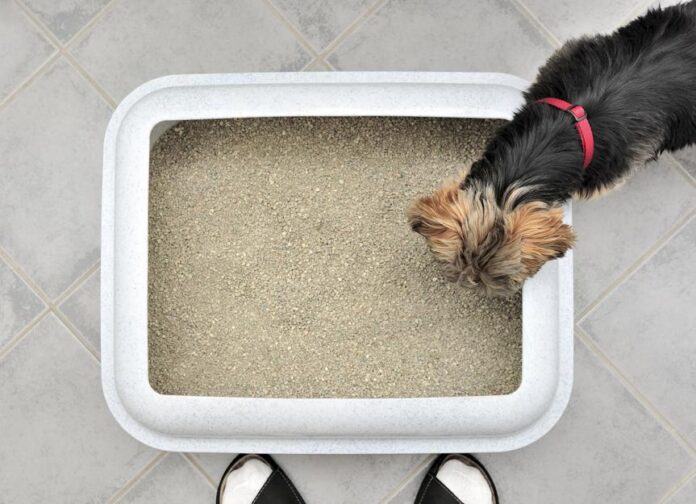Why Do Dogs Eat Cat Poop? Understanding the Behavior of Coprophagia
When you spot your dog eagerly seeking affection, only to be greeted by remnants of cat litter around their mouth, you may find yourself asking: why do dogs eat cat poop? This behavior, known as coprophagia, is more common than you might think. Here’s what you need to know about this puzzling habit, its causes, and how to discourage it.
Key Takeaways
- Dogs often eat cat poop due to behavioral reasons, including stress and boredom, but malnutrition can play a role.
- This behavior is common, though it poses health risks like exposure to parasites and harmful bacteria.
- Preventive measures include regular litter box cleaning, positive training techniques, and keeping your dog mentally stimulated.
- Persistent cases may require veterinary advice, supplements, or food additives.
What Drives Dogs to Eat Cat Feces?
Several factors contribute to why dogs engage in this behavior:
1. Bad Habit Formation
For many dogs, indulging in feces becomes a habit, reinforced by finding something they enjoy. Once a dog discovers this “reward,” it can become challenging to break the cycle.
2. Boredom
Dogs are exploratory creatures and may turn to the litter box out of boredom. Adequate playtime and exercise can minimize this behavior.
3. Hiding Accidents
Dogs that have accidents in the house may eat their feces to avoid punishment—a common reason why positive training methods are essential.
4. Stress
Stressful situations can prompt some dogs to seek comfort in old habits, including coprophagia.
5. Nutritional Deficiencies
Inadequate nutrition can lead dogs to consume feces as they seek missing nutrients. This often occurs in dogs fed non-AAFCO-certified diets.
6. Medical Conditions
Conditions like intestinal parasites or cognitive dysfunction in senior dogs might also result in feces eating behavior.
Health Risks Associated with Eating Cat Feces
While dogs may find this behavior somewhat normal, it poses health risks. Potential dangers include:
- Infection from bacteria like E. coli or Salmonella.
- Exposure to drug residues if the cat is on medication.
- Signs of digestive distress, such as diarrhea, vomiting, and lethargy.
Is It Normal for Dogs to Eat Cat Poop?
At various life stages, particularly as puppies, this behavior can be considered normal. Puppies require exposure to certain bacteria for proper digestion, and this can include ingesting their mother’s feces.
How to Stop Your Dog From Eating Cat Poop
Breaking the habit of eating cat feces is challenging but achievable with patience and effective strategies:
1. Implement Positive Training Methods
Avoid punishment when your dog raids the cat box. Instead, focus on positive reinforcement to redirect their behavior.
2. Maintain a Clean Litter Box
Regularly cleaning the litter box—ideally after each use—will reduce access to tempting “treats.”
3. Increase Activity Levels
Engage your dog in more physical activity and interactive play to alleviate boredom-related behaviors.
4. Reassess Diet
Ensure your dog receives a balanced diet that meets all nutritional needs. Slowing down their eating process can also help reduce feces-eating tendencies.
5. Consult Your Veterinarian
If the behavior persists, discuss potential dietary supplements or behavioral medications with your veterinarian to address the underlying issues.
Understanding the reasons behind why dogs eat cat poop can help you take effective measures to curb this behavior. With the right approach, you can foster a healthy, enjoyable environment for both your pets.











